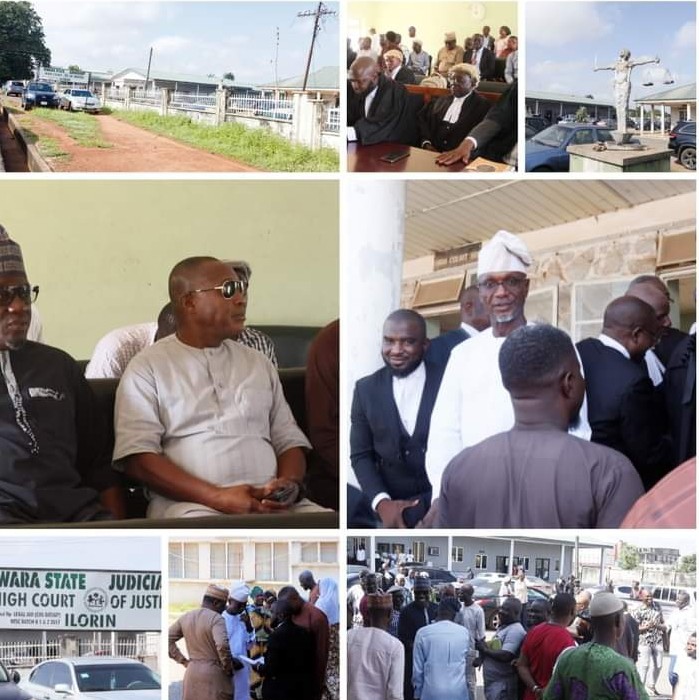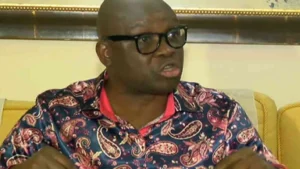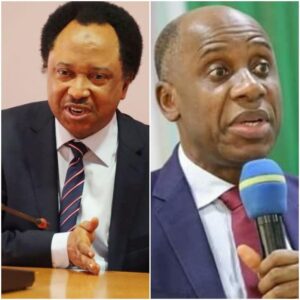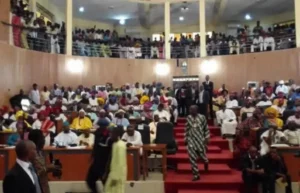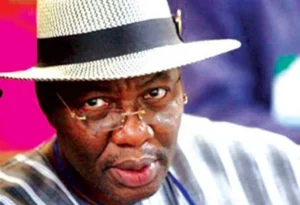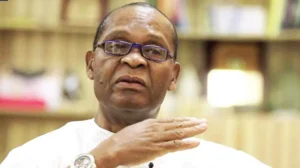The Economic and Financial Crimes Commission (EFCC) has re-arraigned former Kwara State Governor Abdulfatah Ahmed and his finance commissioner, Ademola Banu, on October 21, 2024. The charges include the alleged mismanagement of ₦5.78 billion in public funds, raising serious concerns about financial governance in the state. This case has attracted significant media attention and public interest due to its implications for accountability in Nigeria’s political landscape.
The re-arraignment occurred during proceedings at the Kwara State High Court in Ilorin, presided over by Justice Mahmud Abdulgafar. The case had to restart because the original trial judge, Justice Evelyn Anyadike, was transferred. Ahmed and Banu had previously entered not guilty pleas to a 12-count charge in April 2024, and the new set of charges has been amended to include 14 counts.
The EFCC has outlined several specific allegations against the former governor and his finance commissioner:
Ahmed and Banu are accused of improperly using ₦1 billion from the Kwara State Universal Basic Education Board (SUBEB) Matching Grant account. This money was allegedly diverted to pay civil servants’ salaries, which constitutes a violation of the Corrupt Practices and Other Related Offences Act.
The duo is also charged with transferring ₦990.5 million from the SUBEB account to Polaris Bank for loan repayments. This action is said to be contrary to the Compulsory Free Universal Basic Education Act, which governs the use of education funds.
Ahmed faces an additional charge for failing to fill out an assets declaration form requested by the EFCC upon his arrest, violating the EFCC Act. This charge raises concerns about transparency and the accountability of public officials.
During the court session, both Ahmed and Banu maintained their not guilty pleas in response to the new charges. Their legal representatives, Kamaldeen Ajibade and Gboyega Oyewole, requested bail for their clients, emphasizing their previous compliance with bail conditions since 2019.
Justice Abdulgafar granted bail, setting the amount at ₦100 million for each defendant. The court required that each defendant provide two sureties, one of whom must be a serving or retired permanent secretary, to ensure their presence during the trial.
The trial is scheduled to commence on December 4-5, 2024. The proceedings will likely draw significant public interest, as they highlight issues of corruption and financial mismanagement within government ranks. Observers are keen to see how the judicial process will unfold and what implications this case may have for governance and political accountability in Nigeria.
